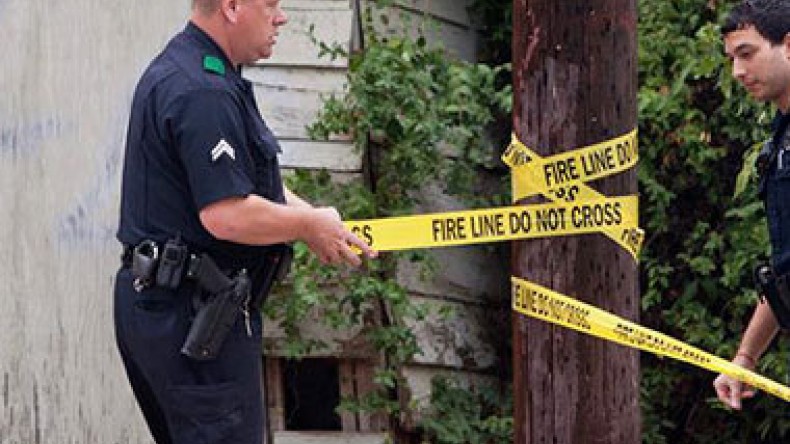
Scientist hopes results from Ebola vaccine trials will be ready by Christmas
The humanitarian crisis wrought by the deadly Ebola virus raging through West Africa will not be over until a vaccine is developed, the scientist who discovered the virus has warned, the Daily Mail reports.
The disease has killed nearly 4,000 people, infecting in excess of 8,000 - the majority in the West African nations of Guinea, Sierra Leone and Liberia.
And it will continue to do so if drastic action is not taken on the front line.
Professor Peter Piot, part of the team who identified the Ebola virus in north western Zaire in 1976, warned the crisis has spiralled 'out of control.'
While he predicted the epidemic could be over by this time next year, he said it will take years to help reconstruct the countries devastated by the virus.
But he warned the crisis is unlikely to come to a halt until one of three experimental vaccines, currently being trialled in the UK and US, is available to immunise the population.
Dr Ripley Ballou, who is heading up GSK's Ebola vaccine research, said the full data on the trial drug's safety and efficacy will not be ready until late 2015.
But Professor Piot remains hopeful we will begin to see the results of the vaccine trials by Christmas.
'In theory Ebola is very easy to control, but it has got completely out of hand,' he said, speaking at a seminar at Oxford University. 'This is no longer an epidemic, it is a humanitarian crisis.
'It may be we have to wait for a vaccine to stop the epidemic.
'The good news is I think this is the last Ebola outbreak where we only have isolation and quarantine to treat.
'Hopefully we will have a drugs and vaccines to offer in Africa.'
Drawing on his experience of 25 previous outbreaks in the last 37 years, Professor Piot said it takes just one victim to reignite Ebola.
He said while keeping a track of the current outbreak, he believed it was about to come to a halt in May.
'Most of these outbreaks have been in central Africa. There was one in Ivory Coast but that was a different strain from 1976, ' he said.
Newsfeed
Videos






























